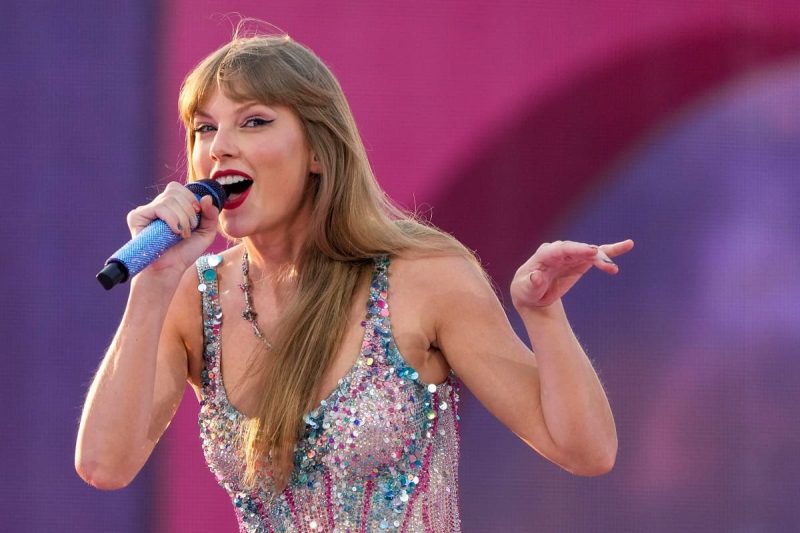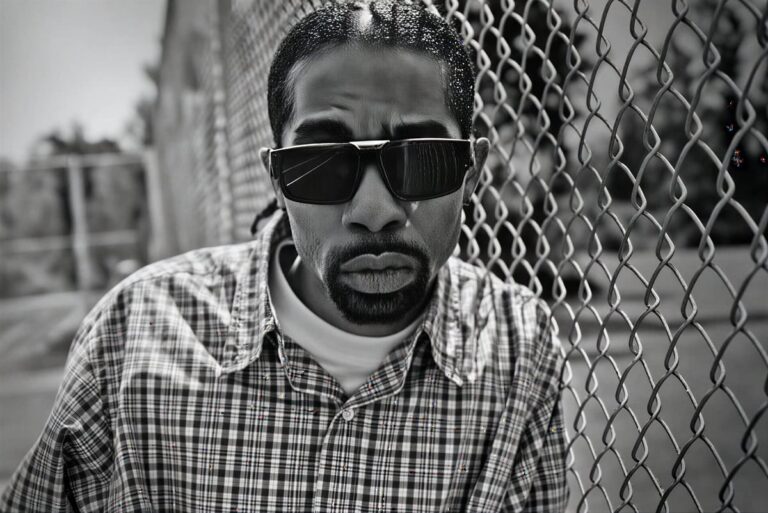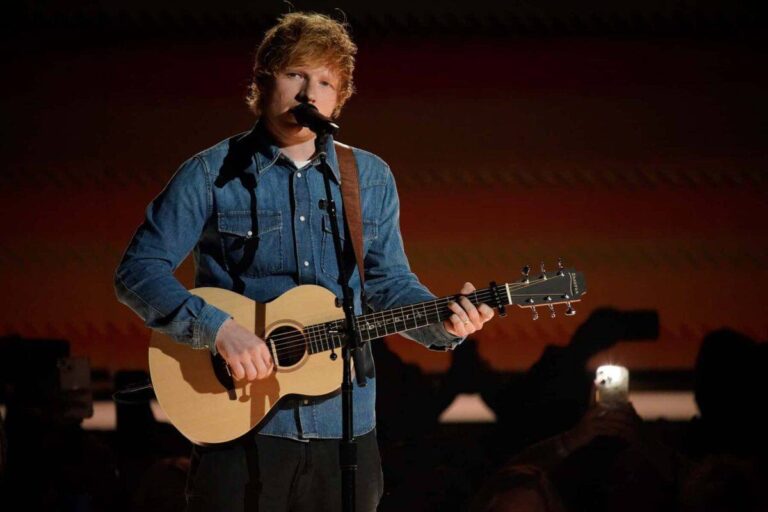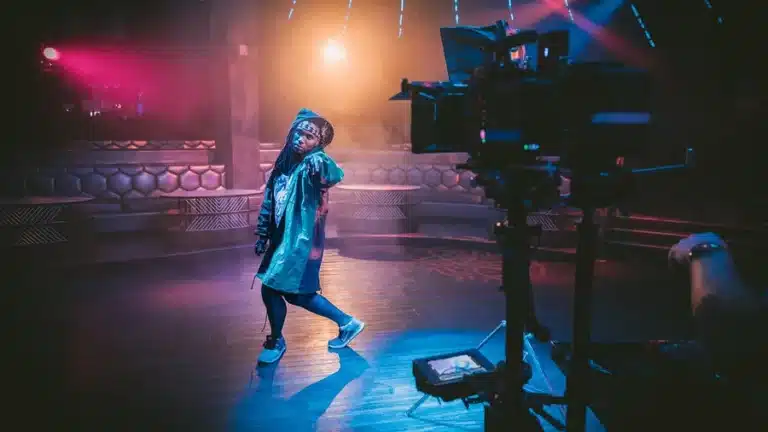Taylor Swift Now Accused of Copying Songs: Did She or Didn’t She?
It seems Taylor Swift just can’t catch a break. Fresh off the release of her (fictional) 12th studio album, “Life of a Showgirl,” the internet is once again ablaze with accusations. While some critics are busy calling the writing “lazy,” and others are side-eyeing the use of AI in promotional materials, a much more serious allegation has emerged: plagiarism.
What Track is Plagiarized?
Fans and critics alike are pointing fingers at one track in particular, “Actually Romantic,” claiming it’s a blatant rip-off of the legendary rock band Pixies’ iconic 1988 song, “Where Is My Mind?”
So… admittedly, Taylor Swift is no stranger to copyright drama. In fact, she’s had a long history with her song “Shake It Off” and accusations it was a ripoff of the song “Haters Gonna Hate.” Multiple websites have actually done listicles of her most plagiarized songs.
But this time, the pot is calling the kettle black, and the internet has brought the receipts. The controversy is especially spicy considering Taylor Swift and her team were quick to demand – and receive – writing credits on Olivia Rodrigo‘s “Deja Vu” for its similarities to “Cruel Summer.” Now, the tables have turned, and the Swifties are not holding back.
A Tale of Two Songs: Swift vs. Pixies
So, what’s all the fuss about? At the heart of the issue is the chord progression. Both of the songs “Actually Romantic” and “Where Is My Mind?” are built around the exact same sequence: E – C#m – G# – A. To the casual listener, this might not mean much. But to anyone with a trained ear, or just a deep love for 90s alternative rock, the similarity is jarring. That G# major chord, in particular, is a standout. It’s a “chromatic mediant,” an unconventional choice that gives “Where Is My Mind?” its distinct, dreamy, and slightly unsettling vibe. It’s the song’s musical signature.
The internet, being the internet, of course, immediately went to work. Mashups of the two songs flooded social media, and the side-by-side comparison is… well, it’s pretty damning. The sonic resemblance is undeniable, and it didn’t take long for the accusations to fly.
One fan on X (formerly Twitter) put it bluntly: “Rodrigo had to give credit to Paramore and Swift, but Swift rips ‘Where Is My Mind?’ and no credit for Frank Black?” Another chimed in, “Taylor Swift is a billionaire and did not give the Pixies writing credit for directly ripping ‘Where Is My Mind’ on her Charli diss track. @PIXIES you know what you must do. Get yr bag.” The sentiment is clear: if you’re going to enforce rules on others, you better be prepared to play by them yourself.
Do the Pixies Actually Have a Case?
This is where it gets complicated. From a legal standpoint, plagiarism in music is a murky business. Chord progressions, even distinctive ones, are often considered common building blocks of songwriting and are notoriously very difficult to copyright.
As forensic musicologist Joe Bennett explained to Rolling Stone, “similarity alone is not evidence of influence, still less copyright infringement.” He points out that while the E–C#m–G#–A progression isn’t super common, it’s not unique to the Pixies, either. Artists like Ellie Goulding and Demi Lovato have used it.
However, the court of public opinion is a different beast entirely. For many, this isn’t just about the four chords. It’s really the whole package: the chord progression, the similar key, and also the overall atmospheric, echo-laden production that makes it feel like it’s lifted straight from the alt-rock playbook.
Musicologist Brian McBrearty notes that while music production style isn’t legally protectable, it does contribute to the perception of copying. When you combine the identical chords with the fact that both songs are in the same key (E major), it becomes harder to dismiss it only as pure coincidence.
Taylor Swift’s Songs
The irony is thick. Taylor Swift has built her empire on meticulous songwriting and a keen sense of branding. She’s also been famously protective of her work. This situation feels like a classic case of hypocrisy, and it’s a narrative that’s catching fire.
Whether the Pixies decide to pursue legal action remains to be seen, but the damage to Swift’s carefully crafted image as an “unparalleled songwriter” might already be done. For an artist who prides herself on originality, being called a copycat – and a hypocritical one at that – is not a great look.







